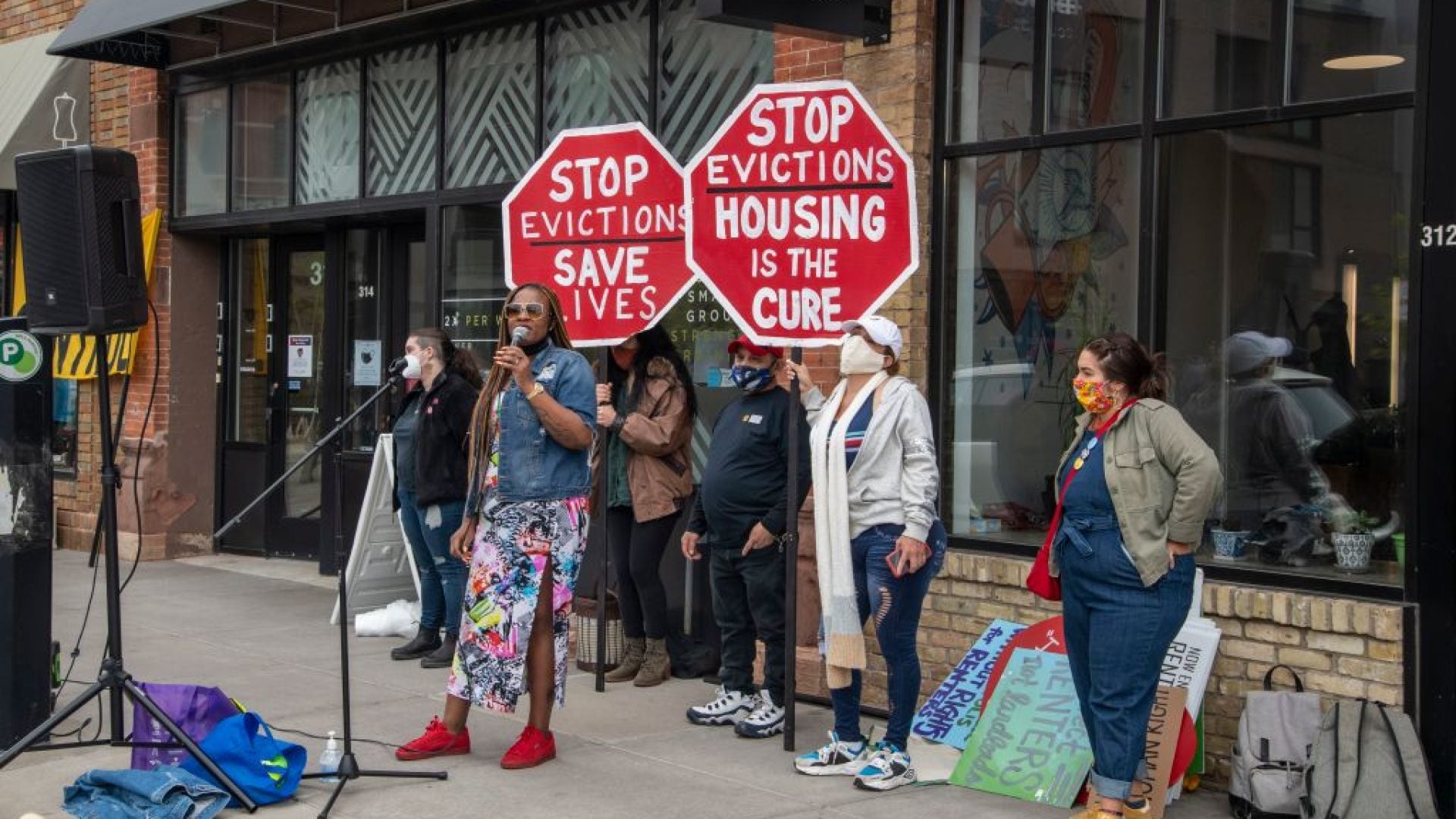
America is facing a new epidemic: an eviction crisis. After a brief moratorium during the COVID-19 pandemic, “eviction filings by landlords have come roaring back” and “[h]omelessness, as a result, is rising.”
Research specialist Daniel Grubbs-Donovan said, “Protections have ended, the federal moratorium is obviously over, and emergency rental assistance money has dried up in most places.”
“Across the country, low-income renters are in an even worse situation than before the pandemic due to things like massive increases in rent during the pandemic, inflation and other pandemic-era related financial difficulties,” continued the Princeton University Eviction Lab researcher.
Legal Aid attorney Jim Ince said “The average person who isn’t struggling thinks we’re past COVID and everything’s fine. Those of us who see it every day realize we’re far from past all this… You’re going to see more signs that things are not working well.” As Ince stated, it’s clear that “[t]he numbers are going up and the solutions are going down.”
Datasets on eviction rates in America didn’t exist until the Eviction Lab at Princeton University pored through millions of records to publish their findings. According to their data, eviction filings are more than 50% greater than they were before the pandemic. Since March 2020, Eviction Lab tracked that 2,362,118 evictions have been filed. Of that number, more than 12,000 people were evicted in just the last week.
What is causing this trend? Staggering rent increases. Rent prices have hiked up 5% in the last year, and when compared to 2019, rental prices have risen by more than 30%. “There are few places for displaced tenants to go, with the National Low Income Housing Coalition estimating a 7.3 million shortfall of affordable units nationwide.”
Unfortunately, as Eviction Lab’s Peter Hepburn said, “Families and children are bearing the brunt of this crisis,” and predictably there are also racial and ethnic disparities in play.
An analysis of the data shows that “[o]ver 70% of the students living in a household where an eviction was filed were Black,” compared to 25% of Hispanics and whites were at less than 5%. “There’s really an overrepresentation of Black students who grow up facing eviction filings,” says Hepburn.
Congresswoman Ayanna Pressley (D-MA) said, “The disturbing rise of evictions to pre-pandemic levels is an alarming reminder of the need for us to act — at every level of government — to keep folks safely housed.” Rep. Pressley is issuing a call to action for the passage of legislation at the federal level that would crack “down on illegal evictions, fund legal help for tenants and keep evictions off credit reports.”
